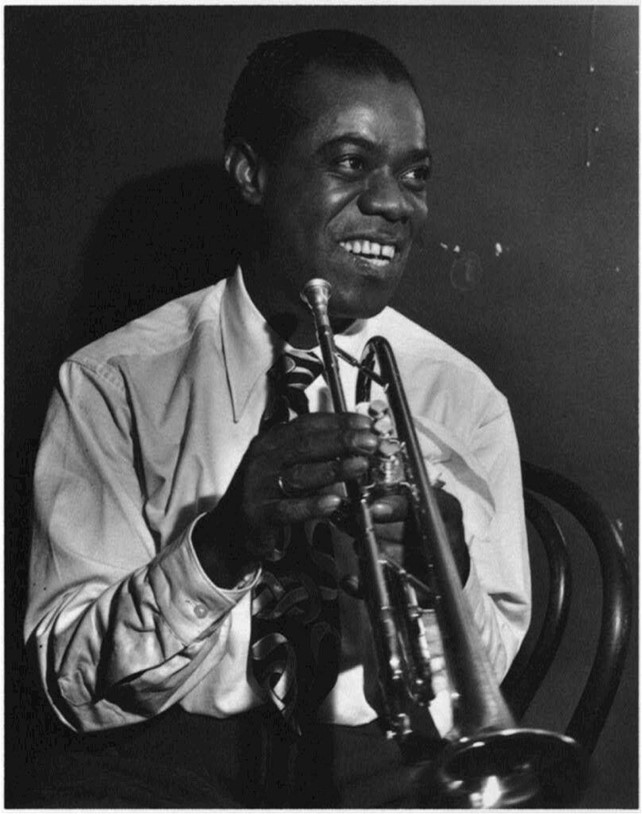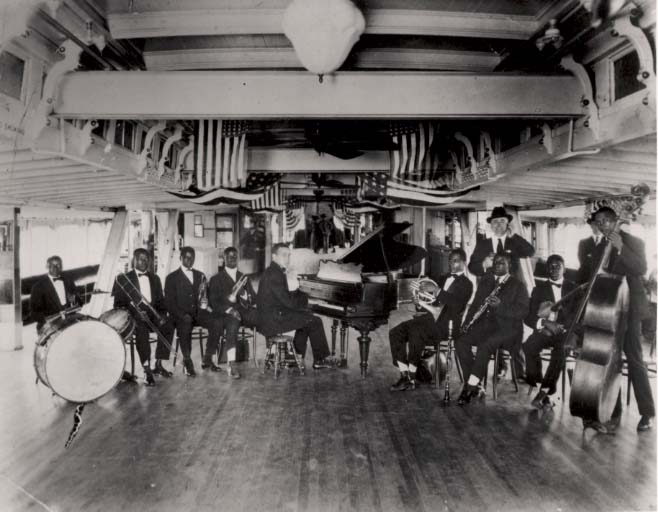
The Art of Collective Improvisation to the Art of the Improvising Soloist 2
The evolution of jazz-from the art of collective improvisation to an art in which the improvising soloist reigns supreme-might have been inevitable. But the history of that evolution would not be what it is without Louis Armstrong (1901-1971). It is difficult to overstate the importance of Louis Armstrong to jazz. He was the first great solo improviser. Some would say he is the most excellent solo improviser in the history of jazz. He showed the world the beauty, virtuosity, and depth possible through improvised solo performance. In addition, his rhythmic genius demonstrated the latent potential of swing. Spontaneous, swinging melody flowed from his horn like a freshwater spring.
From today's perspective, it's easy to underestimate the contributions of Louis Armstrong. When we hear his great solos, they sound like so much else we have heard in many of the blues-related genres that have enjoyed popularity over the better part of the twentieth century. That's because his melodic inventions are so compelling that they have become the staples-and clichés-of multitudes of musicians who followed him.
Armstrong's Hot Five and Hot Seven recordings in Chicago in the late 1920s are among his most significant works. Let's listen to two recordings from December 1927 with his Hot Five, "Struttin' with Some Barbecue" and "Hotter Than That" . Lillian Hardin Armstrong-the trumpeter's wife-wrote both pieces and played piano on the recordings.
Heebie Jeebies
Say, I've got the Heebies
I mean the Jeebies
Talking about
The dance, the Heebie Jeebies
Do, because they're boys
Because it pleases me to be joy
Wynton Marsalis
Jazz music is the power of now. There is no script. It's conversation. The emotion is given to you by musicians as they make split-second decisions to fulfil what they feel the moment requires.







